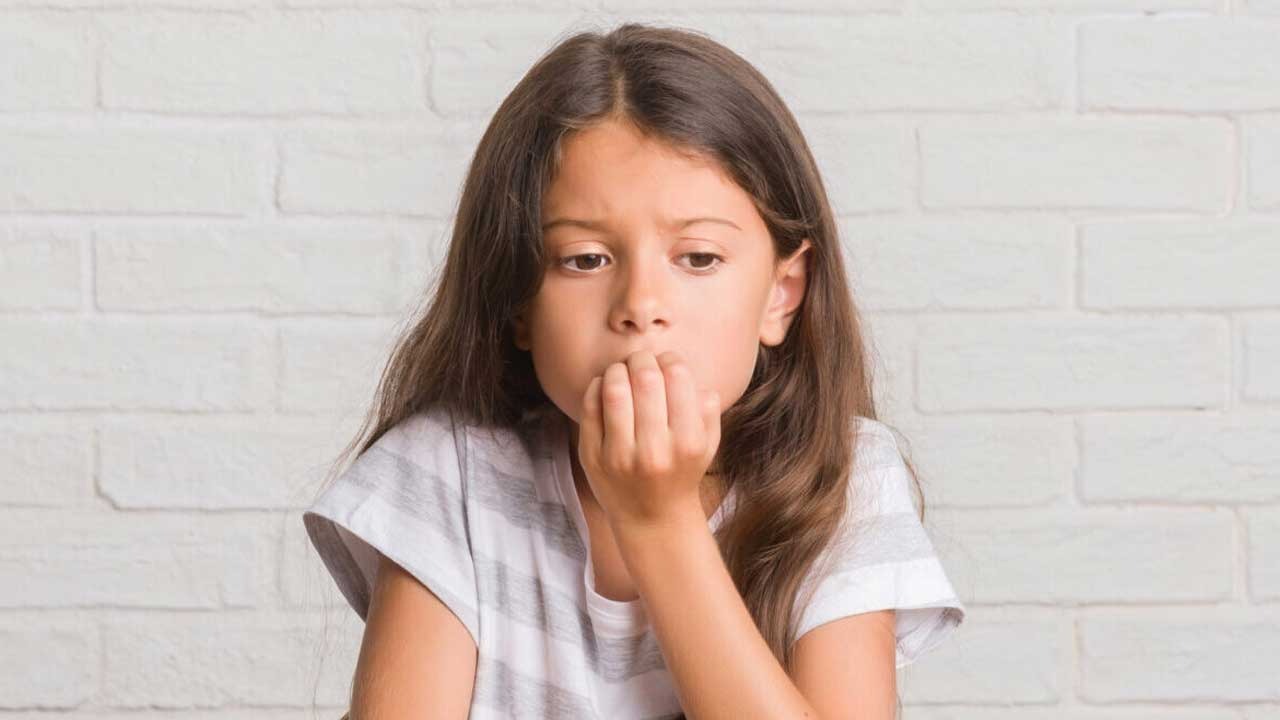Anxiety is such a common problem, which adults also face along with children. Nervousness or other symptoms are seen in about 20 percent of children. These include minor fears such as being afraid of clowns or dogs or more general panics such as always thinking that something is going to go wrong.
The reason for anxiety in children
The reason for panic can be external or internal as well. Feelings of desire to do well in school, match up with peers, parental fights or talks about divorce, a change in the city or school, a completely hectic routine, a horror movie or a book. These are some of the things that can increase stress as well as nervousness in children.
Are you having too much control over your child?
While this concern is justified, a child may not understand where or which way he is passing through. And he may see his parents' more defensive behavior as his own weakness and incompetence.
In most cases, the fear or nervousness in children ends with age. A one- or two-year-old child who shows a sense of isolation and severe discomfort in socializing with another child. He won't always be like this. He may grow up to be an extrovert and like to talk and socialize with new people.
But, while this is fortunately true, the symptoms of panic still cannot be ignored with the hope that it will go away. This needs attention, maybe it could be a sign of something more serious than just escalating into trouble.
The biggest reason for not being able to identify panic, in the beginning, is that panic doesn't really look like panic. The behavioral and physical symptoms may vary from child to child.
A 12-year-old boy Aryan can use aggressive behavior to deal with his nervousness effectively. So that his classmates can decide about him. Whereas 5-year-old Naira can calm down before going to school.
Symptoms of stress and anxiety in children
Does your child get angry frequently? Does your child get angry frequently?However, any significant change in behavior or temperament gives the most information.
Some common symptoms are seen in children going through stress or anxiety:
Stay in your bed most nights - when he gets used to sleeping alone at first. Behavior in this way or any other way that clings to you or is dependent on you, especially in a way that he or she hasn't done before. This is a sign that the child is feeling nervous. Developing new habits that show nervousness, such as biting nails or moving the arms or legs frequently. Trouble falling asleep or sleeping restlessly. Difficulty concentrating Complaining of frequent headaches or abdominal pain Frequent insistence on refusing to go to school Complaints of trouble with school Frequent anger and tantrums.What can parents do to deal with the anxiety of children?
If you feel that your child is showing any of the above symptoms, it could be panic or over-stress. The best way to deal with this is to go to a specialist.
Maybe the baby is all right. Or maybe some beginners are facing problems. But it is best to take the expert's opinion without jumping to any conclusion about it.
When you feel that the stress level of the child, in general, is constantly taking a toll on his daily life. Then you should understand that this is the right time to seek help.
The psychologist can convert the nervous child's negative thinking and needs special medical attention.

 According to experts, now parents are more stressed than ever. It may be because of the economic or political environment of the world. But it definitely has an effect on children too. Anxious parents can sometimes increase the stress level in children by over-control.
According to experts, now parents are more stressed than ever. It may be because of the economic or political environment of the world. But it definitely has an effect on children too. Anxious parents can sometimes increase the stress level in children by over-control.











.jpeg)







.jpeg)





.jpg)


.jpg)



